Under the spirited #ReadNobels leadership of Aloi of Guiltless Reading, and in conjunction with Travel the World in Books (#TTWIB; co-hosted by Aloi, Tanya of Mom’s Small Victories, Becca of I’m Lost in Books, Savvy Working Gal, and me), the April combined challenge is rolling along–it’s the end of Week 2! Guiltless Reader has provided us with questions each week to get the discussion going and prompt our own thinking about the great wealth of Nobel-recognized literature, which is out there, just waiting to be sampled.
This week the focus is on making a list of authors and their works we have read, from among those on the list of Nobel prizes awarded in Literature. This was an illuminating exercise, because it became apparent which authors had become dear favorites and which were merely respected acquaintances. When I was doing research (over quite a few years) for my book The Fictional 100, I tried to read a wide range of notable authors around the world, so I encountered many of these distinguished authors (though surely not everyone I might have read!). In Week 3, I will offer a list, as Guiltless Reader suggests, of Nobel-prize-winning authors and books on my wish list for future reading!
Week 2 question: Which Literature Nobelists have you read (at least something of theirs)?
Rudyard Kipling (1907)
Just So Stories
Rabindranath Tagore (1913):
Gitanjali (poetry)
William Butler Yeats (1923):
“The Wild Swans of Coole,” other poems
Fairy and Folk Tales of the Irish
George Bernard Shaw (1925):
Man and Superman
Sigrid Undset (1928):
Kristin Lavransdatter
Gunnar’s Daughter
Thomas Mann (1929):
Buddenbrooks
Death in Venice
Joseph and His Brothers (Parts I and II)
Sinclair Lewis (1930):
Main Street
Babbitt
Dodsworth
John Galsworthy (1932):
The Forsyte Saga
Luigi Pirandello (1934):
“Six Characters in Search of an Author”
Eugene O’Neill (1936):
Mourning Becomes Electra
Hermann Hesse (1946):
Siddhartha
The Glass Bead Game
T. S. Eliot (1948):
The Waste Land
“Four Quartets”
William Faulkner (1949):
The Sound and the Fury
Absalom, Absalom!
Ernest Hemingway (1954):
The Old Man and the Sea
Halldór Laxness (1955):
The Great Weaver from Kashmir (excellent, his first important novel)
Albert Camus (1957):
The Stranger
Boris Pasternak (1958):
Doctor Zhivago
John Steinbeck (1962):
Of Mice and Men
The Grapes of Wrath
The Acts of King Arthur and His Noble Knights
Aleksander Solzhenitsyn (1970):
One Day in the Life of Ivan Denisovich
Eugenio Montale (1975)
Selected Poems (still working on these!)
Gabriel García Márquez (1982):
One Hundred Years of Solitude
Love in the Time of Cholera
Wole Soyinka (1986):
“Madmen and Specialists”
“The Trials of Brother Jero”
“A Dance of the Forests”
Nadine Gordimer (1991)
Burger’s Daughter
Derek Walcott (1992):
Omeros
Toni Morrison (1993):
Beloved
Song of Solomon
Jazz
The Bluest Eye
José Saramago (1998):
Journey Through Portugal
V. S. Naipaul (2001):
A Bend in the River
A House for Mr. Biswas
India: A Million Mutinies Now
Orhan Pamuk (2006):
The Museum of Innocence
Other Colours (Essays)
Istanbul
Doris Lessing (2007):
The Golden Notebook
Canopus in Argos: Archives (sci-fi!)
Briefing for a Descent into Hell
Memoirs of a Survivor
Mario Vargas Llosa (2010):
The Perpetual Orgy (literary criticism, Madame Bovary)
The Temptation of the Impossible (literary criticism, Les Misérables)
*****
Looking over these works, they were all distinctly memorable reading experiences, and associated with obsessive bursts of enthusiasm. I remember when I was reading Doris Lessing with a passion, then I moved on to other authors. I would like to revisit her (Week 3!) I love Mario Vargas Llosa’s literary criticism and found it influential in my own thinking. I used a quote from The Perpetual Orgy to open the Introduction to my own book. But his fiction has not grabbed me so far. Beloved still stands out to me, as unique and beautiful and heart-wrenching. I recalled being so thrilled when Toni Morrison won the prize! Sigrid Undset’s writing has long been deeply meaningful to me, and I still wonder why I didn’t include Kristin Lavransdatter in my top 100 characters. I want to recommend this book, a medieval saga written by a modern author, one which reads like a glorious triple-decker novel of family, love, loss, and redemption, a masterpiece in the greatest traditions of storytelling.
*****


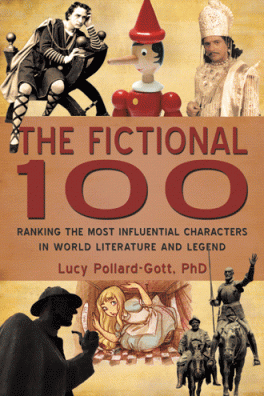


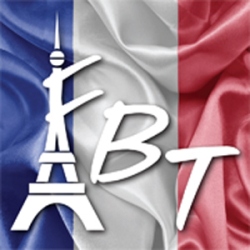
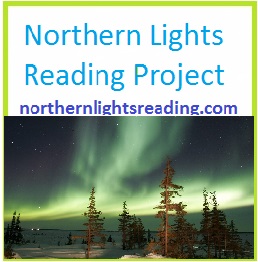
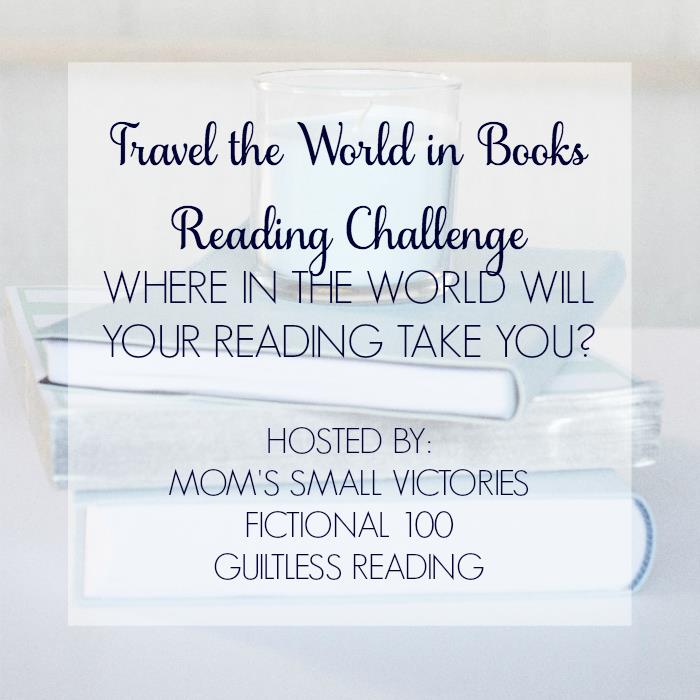

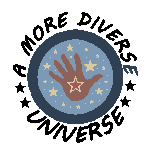


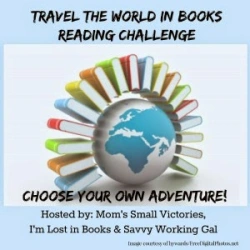
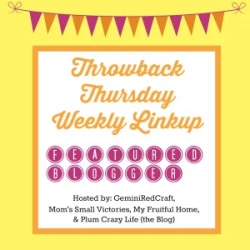
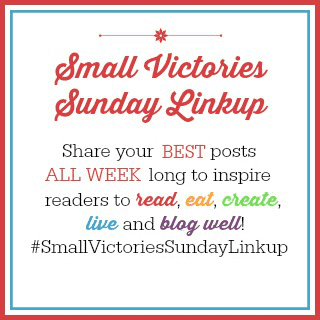
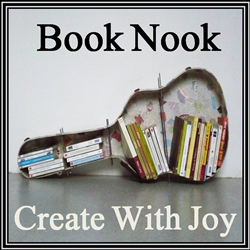
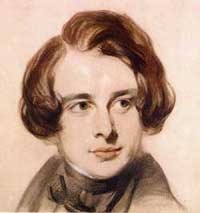
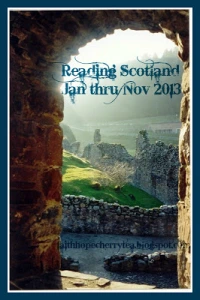
Lucy, this is an impressive reading list! I’m now really curious as to who you’ll be picking for next week’s questions since you have a rather wide range here.
The Nobel Prize in Lit laureates always tackle provoking issues or reflect history (or histories) and the human nature which makes them quite memorable. They speak to us in different ways and I find it fascinating that you mention this in relation to your Fictional 100.
I missed a few in my list … how could I forget The Old Man and The Sea and Of Mice and Men? Of course I’ve read these!
Happy 3rd week and happy reading!
Wow! You have read a ton of Nobel authors. You are officially my most well-read friend. I really admire the diversity of your reading, even above and beyond works by Nobel winners. 🙂
I’m thinking I will read The Golden Notebook by Lessing as one of my three Nobel choices this year. I have quite a few of her books. It’s time I started reading them.
great list! I counted, I have read so far 34 authors who won the Nobel, some one book, some more. Actually, I just finished reread L’étranger, by Camus, because I read it like 35 years ago and I needed a refresher before reading Meursault contre-enquête by Daoud.
I plan one year to seriously do the Nobel Challenge